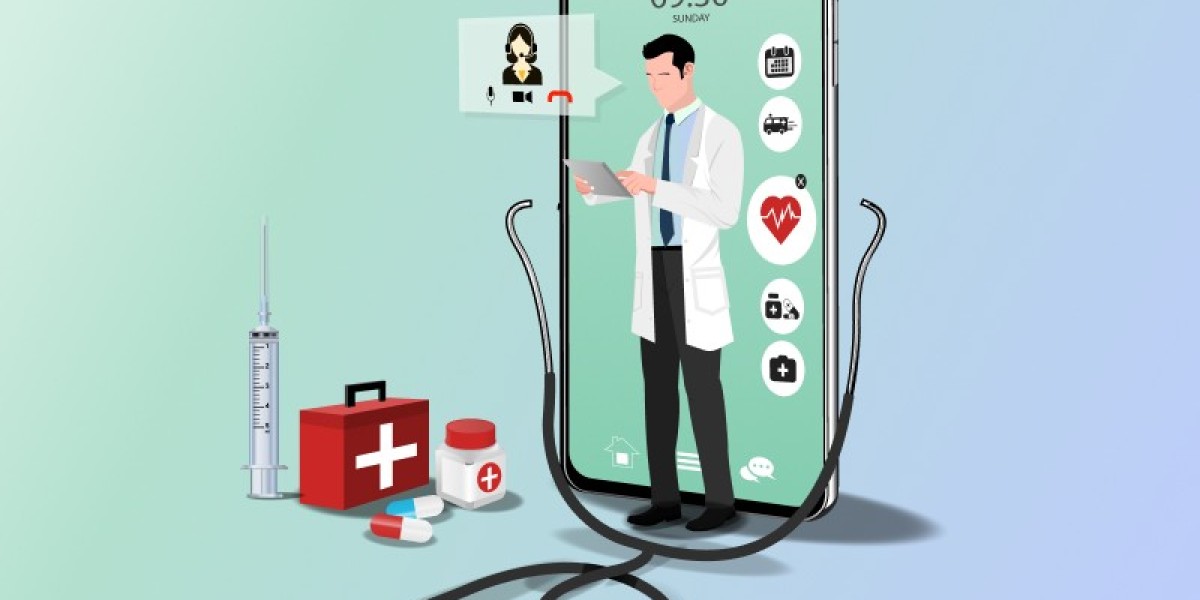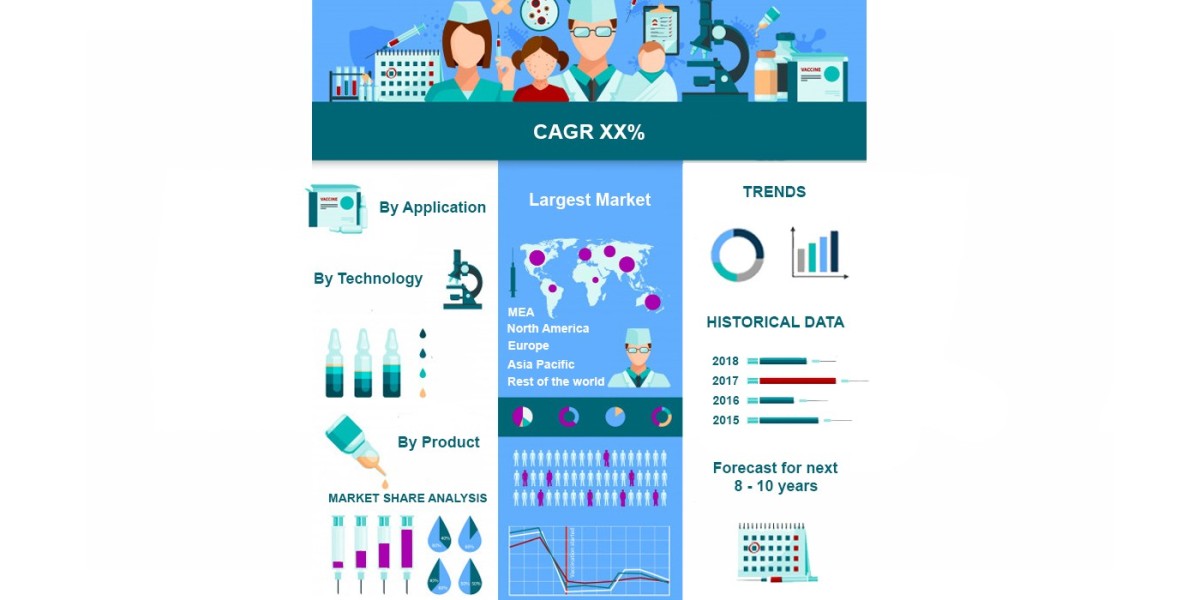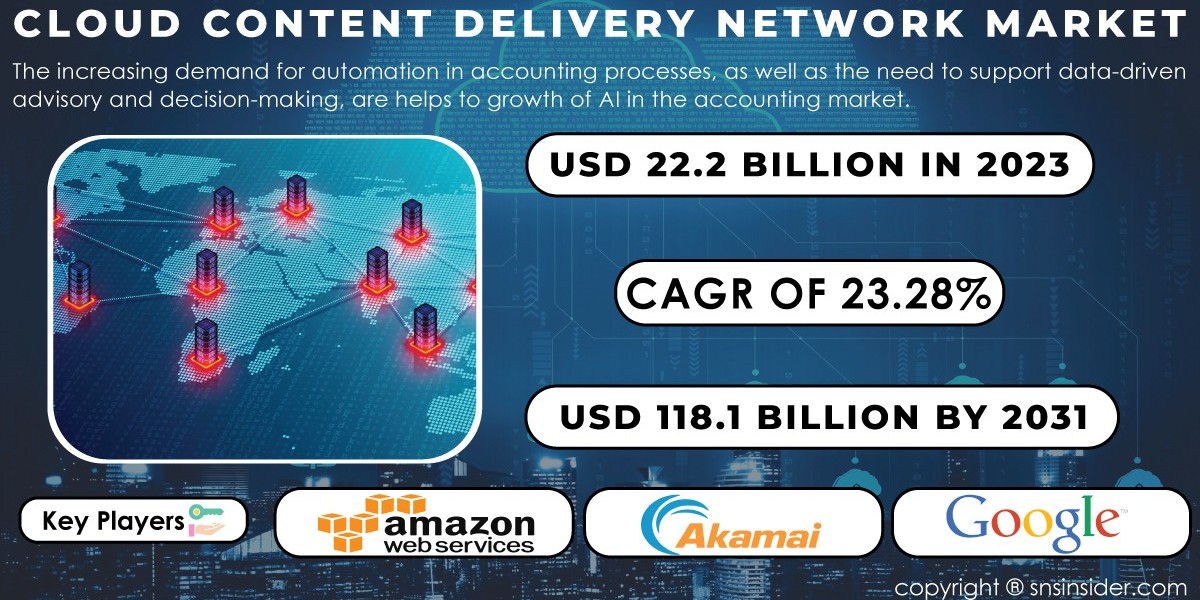Enhancing Accessibility to Healthcare Services
One of the most notable impacts of healthcare apps is the increased accessibility they provide to patients. Traditionally, accessing healthcare services often required physical visits to clinics or hospitals, which could be time-consuming and challenging, especially for individuals living in remote areas. Today, healthcare apps allow patients to consult with healthcare professionals from the comfort of their homes.
Telehealth apps, for instance, enable patients to connect with doctors through video calls, chat, or even voice calls. This eliminates geographical barriers, making it easier for individuals in rural or underserved areas to receive medical advice and treatment. By simply downloading an app, patients can schedule appointments, consult with specialists, and access vital health information without leaving their homes.
Streamlining Communication Between Patients and Providers
Effective communication is crucial in healthcare, and mobile apps are making this easier than ever. Healthcare apps facilitate seamless communication between patients and providers, allowing for quick and efficient exchanges of information. Patients can ask questions, receive reminders about medications, and share updates about their health status through these platforms.
Moreover, healthcare app development services are creating applications that enable healthcare providers to send push notifications about appointments, test results, or medication refills. This instant communication helps to ensure that patients are well-informed and engaged in their healthcare journey, ultimately leading to better health outcomes.
Empowering Patients with Health Management Tools
Healthcare apps are not just about facilitating access to services; they also empower patients to take charge of their health. Many applications offer tools for tracking health metrics such as blood pressure, glucose levels, and physical activity. These features enable patients to monitor their health regularly and make informed decisions about their lifestyle and treatment.
Additionally, healthcare apps often include educational resources that help patients understand their conditions, treatment options, and preventive measures. This access to information fosters a sense of autonomy and encourages individuals to engage actively in their health management, leading to improved health outcomes and satisfaction.
Improving Care Coordination
Another significant benefit of healthcare apps is the improvement in care coordination. In traditional healthcare systems, coordinating care among various providers can be challenging, often resulting in fragmented services. Mobile apps designed for healthcare facilitate better integration of services by allowing providers to access patient data and share information in real-time.
For instance, an app can enable primary care physicians to share a patient’s health records with specialists or hospitals, ensuring everyone involved in a patient’s care is on the same page. This seamless sharing of information helps to reduce errors, avoid redundant tests, and enhance the overall quality of care.
Facilitating Remote Monitoring and Chronic Disease Management
The rise of remote monitoring apps has been particularly beneficial for patients with chronic conditions. These apps enable continuous monitoring of patients' vital signs and health metrics, allowing healthcare providers to track their progress without the need for frequent in-person visits. This real-time data can be invaluable for making timely adjustments to treatment plans.
Healthcare app development services are increasingly focusing on creating solutions that integrate with wearable devices, such as smartwatches and fitness trackers. These integrations allow for automatic data collection, giving healthcare providers a comprehensive view of their patients' health and enabling proactive interventions.
Enhancing Efficiency and Reducing Costs
Healthcare apps are also contributing to greater efficiency and cost savings within the healthcare system. By enabling remote consultations, reducing the need for physical visits, and streamlining communication, these apps help to lower operational costs for healthcare providers. This efficiency can translate into reduced fees for patients, making healthcare more affordable and accessible.
Moreover, apps that facilitate appointment scheduling and reminders can help minimize missed appointments, which often lead to wasted resources and increased healthcare costs. By keeping patients engaged and informed, healthcare apps promote adherence to treatment plans and follow-up visits, ultimately improving health outcomes.
Conclusion
The transformative impact of healthcare apps on access and delivery cannot be overstated. By enhancing accessibility, streamlining communication, empowering patients, improving care coordination, facilitating remote monitoring, and reducing costs, these applications are reshaping the healthcare landscape for the better. As the demand for innovative solutions continues to grow, healthcare app development services will play a pivotal role in driving this transformation forward, ensuring that quality healthcare is accessible to all.
The future of healthcare is not only about advanced treatments and technologies but also about making healthcare more accessible, efficient, and patient-centered. Mobile apps are at the forefront of this revolution, promising a brighter future for healthcare access and delivery.







